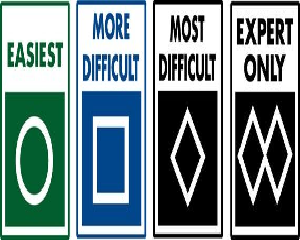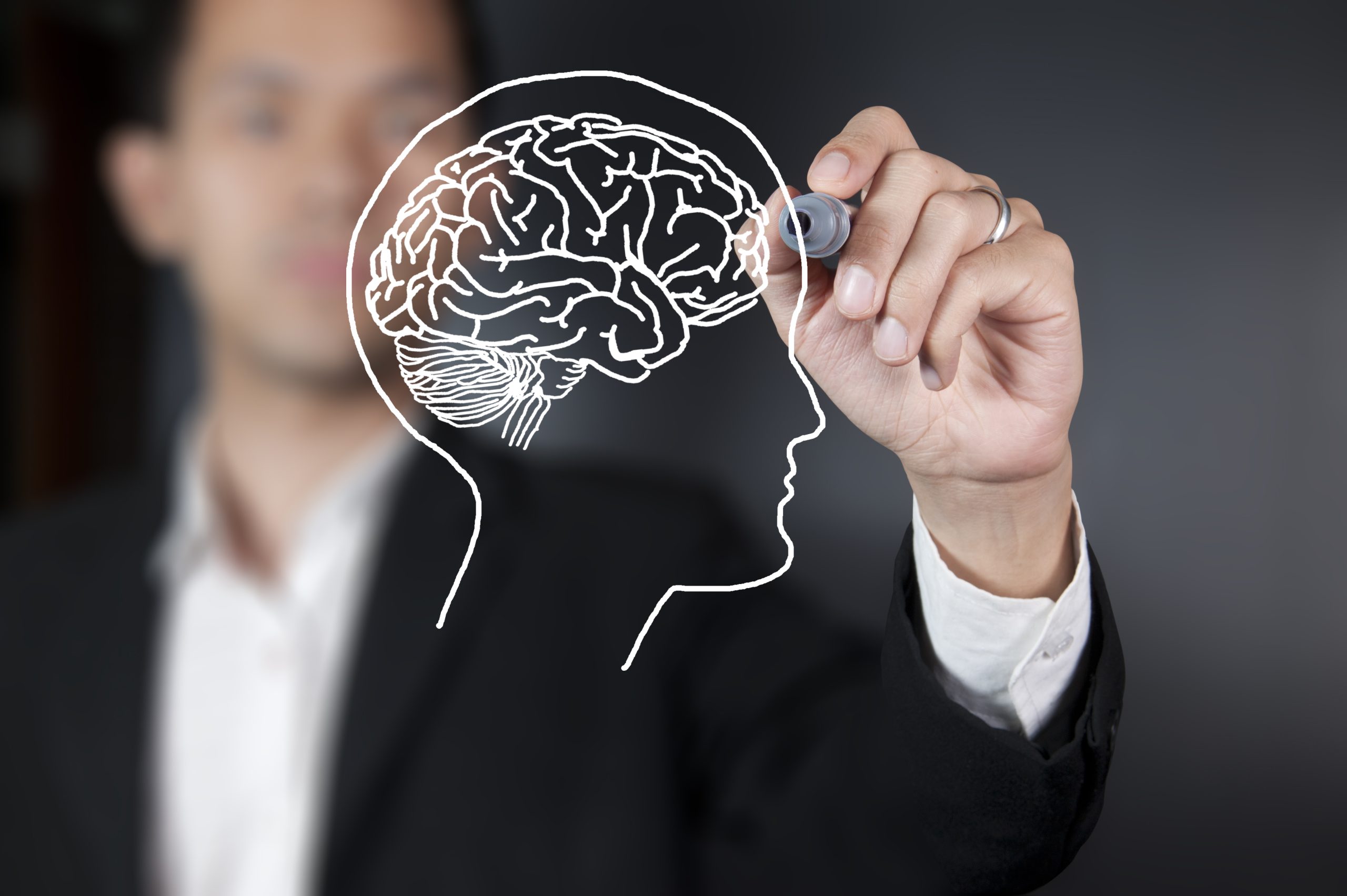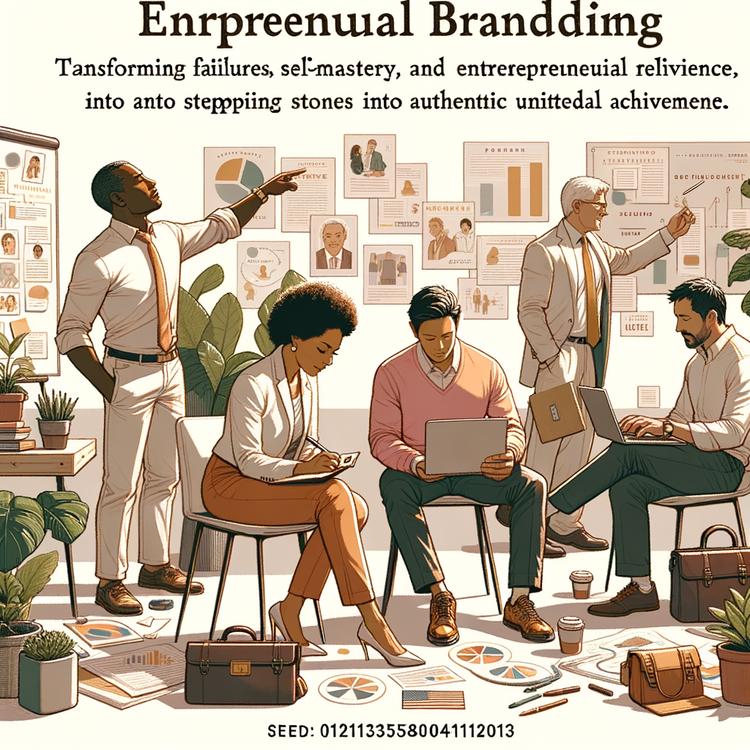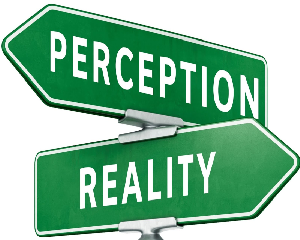Blog
MASTERY: HOW DO YOU GET THERE?

MASTERY: HOW DO YOU GET THERE?
The photo above gives warnings of dangerous terrain, skiing to your skill level is necessary. Navigating into a new position or endeavor may not be as dangerous as skiing on expert slopes, but just as there is a procedure on getting prepared to ski expert slopes there is a process of getting prepared as an expert in any new endeavor.
The mythological story of Pandora, typically referred to as “Pandora’s Box.” We have all heard about it, she opens the box and out come the ills of the world. However, there is more to the story; Pandora was a beautiful Greek princess. She was given a gift from a god that was jealous of her beauty. The gift came with a warning, “Never open the box.” Human nature as it is, curiosity got the better of her and Pandora peeked in. Voila, the ills of the world were released. Another compassionate god let her close the box just in time to capture the one antidote that would make life’s misery bearable; Hope.
Regardless of the position you may find yourself, no matter how challenging or exhausting it may be or dangerous, two elements can make the outcome bearable: Hope and Optimism.
Angela Duckworth’s book “Grit” delved into the secret of attaining outstanding achievement, and what factors bring it about.
She brought two world renowned psychologist together for a discussion: Anders Ericsson and Mihaly Csikszentmihalyi.
Ericsson is the expert on experts. He came up with the realization that to become world class in anything, it takes 10,000 hours of dedicated practice. Since anxiety, discouragement, and depression inhibits achievement that Duckworth illustrated throughout her book. The question arose, “Does dedicated practice increase anxiety etc.?
On the flip side of the coin is Csikszentmihalyi, in his book “Flow,” his research indicated that someone in flow is between boredom and anxiety. In sports, they refer to this as being in “The Zone.” That place, though challenging, seems effortless by sheer engagement and total focus. That state which requires minimum energy, and effortless as if the person was being swept along more as a spectator than the participant.
The point in these men’s research was to find the elements that could bring an individual to master and success. The same search that Duckworth was seeking.
She was looking for an answer to the question: “Do experts suffer or are they ecstatic?”
She was disappointed with their discussion because her question was never answered.
The thing in their discussion that is relevant to our subject was that Ericsson talked about what experts DO to become experts; Csikszentmihalyi talked about how experts FEEL in the process of becoming experts.
How does this relate to a high achiever that has not yet become an expert? People are complex, coming up with a general plan that will bring about an optimum performance is next to impossible. An environment needs to be established that will enhance that individual to reach their level of excellence or mastery.
Hope and Optimism are the invaluable elements necessary to create that environment. One’s view of their situation make a huge difference. The way one explains their understanding of their situation either shadows enthusiasm with pessimism and anxiety or brighten their situation with hope.
Study after study have reinforced that an attitude of optimism is a larger factor that intelligence leading toward mastery. The confidence that comes from knowing you can get it done, will get it done.
Martin Seligman, father of positive psychology, found that optimism offers strong expectations that things will turn out all right in life, despite setbacks and frustrations. The optimistic attitude buffers falling into apathy, hopelessness, and depression in the face of tough going. This expectation of life turning out all right is termed “Self-Efficacy.”
Developing competency of any kind builds self-efficacy. What elements help you to build up your competencies?
People who are optimistic see a failure as due to something that can be changed so they can succeed in the future. Developing competencies strengthen a sense of believing in themselves making a person more willing to engage and not withdraw. Engagement can take you to “Flow.” That is where one feels their efforts.
This all takes time to develop however; an optimistic attitude gives assurance that the time spent will bring about mastery.
When you, as a high achiever fail to meet your own expectations, what do you do next? How do you view those disappointments?
Optimism cannot be fake, in cannot be feigned, it must come from deep within you. Some say you are either born an optimist or a pessimist. Do you believe this?
For a change to be made, one must believe that it is possible. Learn, unlearn, and relearn requires change. It may be that to be optimistic only requires that you believe you can change and change for the better.
There is a Hungarian saying: “The root of knowledge is bitter, but its fruit is sweet.”
Acknowledging that the path to anything worthwhile is tough, but it is necessary for reaching the fruit. There is more, the tough makes you worthy of having the fruit. It is a prize not of the fruit, but rather that it changes you. The fruit is a secondary thing.
For Flow and Dedicated Practice to coexist, optimism and hope establish the environment where your deep feelings and emotion lie.
Research has shown that motivation originating from inside you, your desires, is more powerful that the promise of reward.
“Know thyself,” Socrates stated.
“Should I quit?”
If quitting will dampen or set back your emotional desires, then do not quit.
If quitting leads you to pursue your emotional desires with more self-efficacy then quit and pursue a place where those desires can be fulfilled.
CAUTION:
As an individual, you are susceptible to self-deception. Self-deception is self-sabotaging, and self-destructive. Avoiding these traps, one needs to counsel with a mentor, teacher, or trusted friend to assure that they are being honest with themself. Many a fool followed their own counsel, only to find that there was a lie in the root of their decision.
Life holds no simple solutions. We are complex beings and this ought to be encouraging because it leaves the solution in our hands.
I hope this gives you a different perspective of the challenges and struggles you face?
Attila Horvath, author
attilahorvath.net





